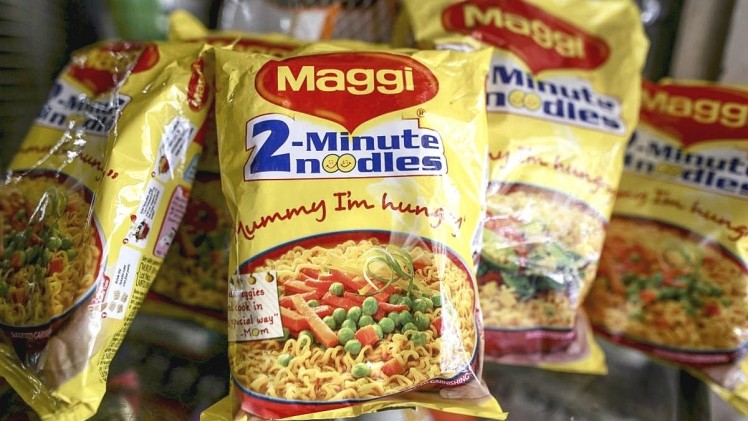South Asia radius
Regulatory confusion will pave the way for the ‘inspector raj’

Indian consumers will be accustomed to seeing less new food launches in the wake of the Maggi noodle saga as the country’s regulator redoubles its attention on the products that are already on the shelves.
A Times of India report quoting industry sources said “many companies” are holding back on launching new ranges. Some are even holding back on adding to existing lines that might attract the renewed scrutiny by the Food Safety and Standards Authority of India (FSSAI).
The FSSAI has already refused to approve new variants of big-name producers, leading to the likes of Tata Starbucks, Venky's and McCain Foods taking some of their lines off the market in recent months.
The regulator’s attention was piqued after Nestlé was forced to remove nine varieties of Maggi noodles after state regulators claimed to have found elevated levels of monosodium glutamate and lead after testing. Facing accusations that it had been caught napping, the FSSAI is keen to win back public confidence in its safeguarding methods.
In the face of this concerted approach by the regulator, food companies have voiced their disapproval, complaining that the FSSAI is in disarray and has failed to communicate its ever-changing guidelines of labelling.
This disquiet is compounded by concerns of a lack of uniformity in rules between states, with approvals given in some states not necessarily assured in others, as well as ad hoc judgements and unilateral directives from the FSSAI.
Unless the regulator’s focus lands on new ingredients and novel items, some companies have complained that the system may allow in the ‘inspector raj’—the dreaded term for otherwise seamless systems being held up by reams of red tape.
These concerns were voiced at a meeting held in July by the health ministry and attended by food companies and industry bodies, as well as the head of the FSSAI.
"If critical actions are taken by state FDAs, it is a huge opening for inspector raj,” Economic Times reported one industry representative as saying at the meeting.
“It takes years to establish a production unit and minutes to destroy it in a rush action. The prevailing thought that industry is always a defaulter is overshadowing the function of regulation and needs to be urgently corrected.”
Another representative said: ”The product approval system is self-defeating and has led to a severe crisis because FSSAI has decided to approve ingredients and additives which are already permitted in regulations and have a history of safe use.”
Processing will need more skilled workers as strong FDI-led growth is anticipated
Food industry research and development, along with the role of food safety experts is expected to grow as the size of the food processing continues to grow, a report by the Confederation of Indian Industry (CII) has predicted.
These skilled roles will gain prominence as the industry grows from around US$39bn in value in 2013 to an anticipated US$64bn by 2018.
Its anticipated annual growth rate of 11% is an increase on the 8.5% growth seen over the last five years, the CII said.
It added that the government is planning to offer full foreign direct investment in the sector—an area that the CII believes is set to reach the US$3bn mark, especially as the number of FDI approvals doubled in 2014 alone.
Strengthening the cold chain, focused fiscal policies from the ministry, easy credit availability, manufacturing and product innovations and improved packaging technology will help in multiplying growth, says Mitra.
Ministry has no plans to define junk food
India is yet to define junk food under the terms of its Food Safety and Standards Act and has no plans to do so, according to the health ministry, under which the FSSAI operates.
Instead, it plans to release guidelines on “wholesome, nutritious, safe and hygienic food”, which have been framed by the regulator’s central advisory committee.
Consumers are also made aware of the food safety through consumer various governmental awareness programmes which include media advertising and social media campaigns on Facebook and YouTube, along with FSSAI educational booklets, the health minister told parliament.







